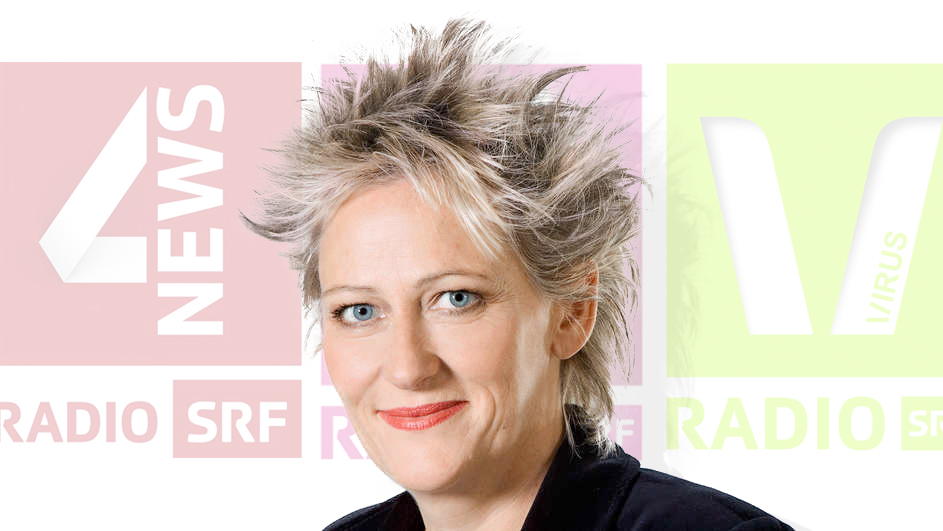Radio is often forgotten in the No Billag discussion, finds editor-in-chief Borner
In an interview with the SonntagsZeitung, radio editor-in-chief Lis Borner complains that the No Billag discussion is mostly about television instead of radio.

Since the majority of criticism from No Billag advocates is directed at expensive television, the discussion is much less often about the relatively inexpensive SRF radio - even though its future (and that of many private stations) is just as much at stake. "Questions like "Why is no one saying that radio is also at stake?" are of great concern to her and her staff, Borner says. They therefore tried to get involved in the debate, says the radio editor-in-chief - "but someone just has to take up the issue." Radio is not on the radar of media journalists, offers less surface for attack than television, is more of an everyday companion and for many people "as natural as water from the tap.
Borner believes that many people use SRG services without being aware of it - via smartphone, app or YouTube. She is also convinced that a society functions well when people also help finance something that primarily benefits others - "schools, health insurance or whatever.
No hearing for Schawinski's savings plans
Addressing Roger Schawinski's proposed cost-cutting plans, which are aimed primarily at radio stations, Borner comes to the defense of her stations. Radio SRF 2 is not a "protected workshop" but "highly serious journalism for 320,000 listeners" who also pay fees - no private station offers anything similar.
Borner rules out the merger of Radio SRF 1 and SRF 3 proposed by Schawinski because the two stations would be totally different in terms of audience, profile, music and rhythm. "There is no such thing as a program that is supposed to work for 30- to 70-year-olds," she is convinced.
The editor-in-chief also disagrees with the proposal to discontinue Radio SRF 4 - with its news and background information on politics and business, the station is a "public service in its purest form" and is listened to by 240,000 people every day.
And with the youth radio station SRF Virus, the station is fulfilling its mandate to provide programming for younger listeners as well. The station, which reaches only 113,000 listeners, also offers a public platform to more Swiss bands than any other station, together with SRF 3.
"Totally learned a lot"
Nevertheless, Borner is aware that after a "No" vote on March 4, the debate on savings will begin: "We will have to be open to everything. The question of what the fee-financed public service must offer must be negotiated by politicians.
And Borner also admits to mistakes: The dialog with listeners was sought too late and not intensively enough. "We didn't listen closely enough, especially with the younger people." The discussions over the past few months have taught us "a great deal, often the hard way. However, the process of change had already begun before that. "The discussion about the public service, about the tasks of the media, has clearly raised awareness of the needs of the different population groups and our mission in grassroots democratic Switzerland." (hae)








